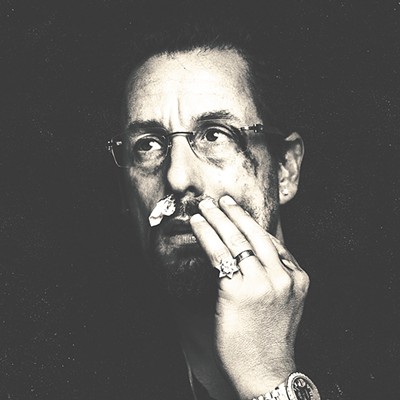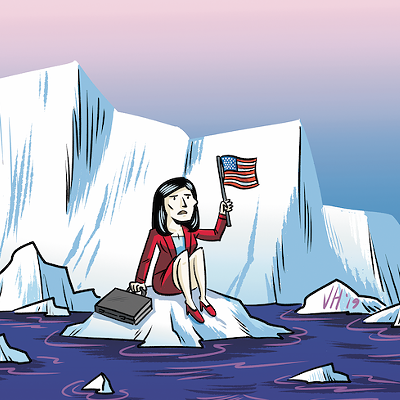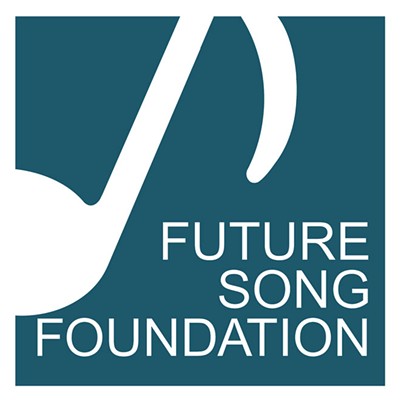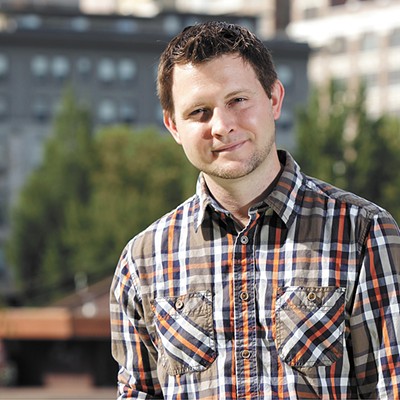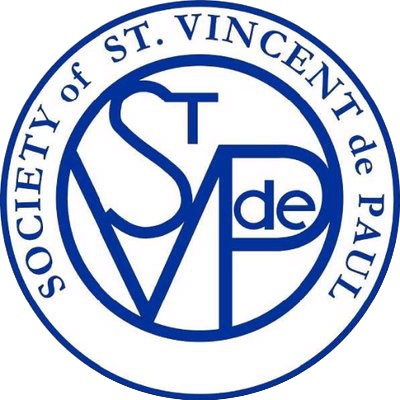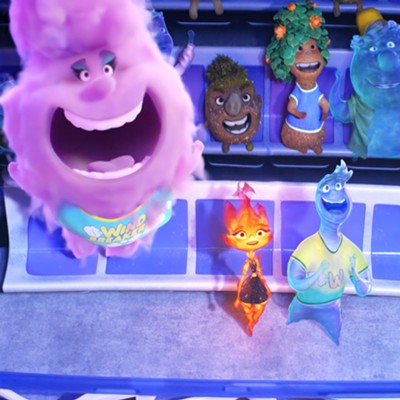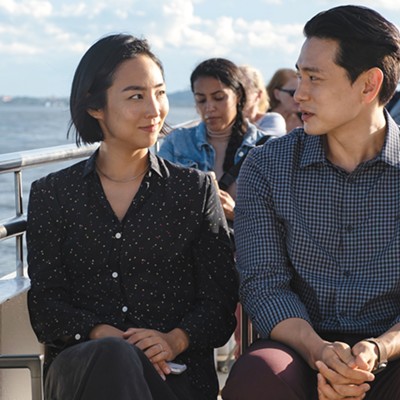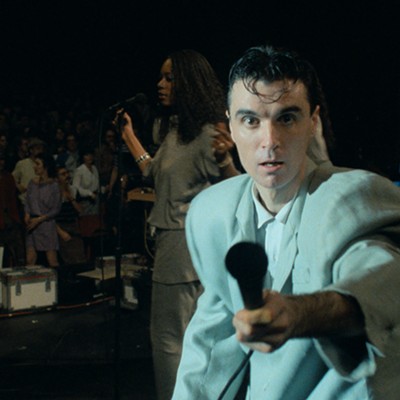It sometimes takes a bit of anger to inspire compassion. At least that's what led local attorney Reisha Abolofia to a career in civil rights law, which began about a decade ago when she was called for jury duty on a case that involved the sexual assault of a child.
Abolofia recalls looking on as the victim was made to testify before her attacker. "She was visibly, rightfully so, terrified," Abolofia says. "And it was awful. It makes your skin crawl."
Before the attorneys could get to the cross-examination, it was announced that a plea deal had been made, the trial was over and the jurors were dismissed. Abolofia recalls being infuriated on behalf of the victim, and chasing down the prosecutor to find out what was going on. That's how she ended up volunteering at that prosecutor's office, answering calls on the victim assistance hotline.
It was that experience which inspired her to apply for law school at Gonzaga University, and she's now a civil rights attorney, representing people with disabilities via the nonprofit organization Disability Rights Washington.
But the law was not her original focus. Abolofia, 32, was born and raised in the Issaquah-Bellevue area, and she first pursued a career in journalism, earning a degree from the University of Washington and taking on an internship at the Seattle Times. Job opportunities in print journalism were slim, however, and so she settled into a full-time position at Trader Joe's.
It was shortly thereafter that she began her legal career, and having been deeply affected by her time in that jury box, Abolofia felt she'd likely be representing sexual assault survivors in court.
"I still had no idea what I wanted to do within the legal system," Abolofia says. "I knew I wanted to help people in some way. I just wasn't sure how."
As she was heading into her third year of law school, Abolofia was diagnosed with multiple sclerosis. It was an unexpected development, and it cemented her focus on representing people living with physical and mental disabilities.
"I think there was a connection with my journalism background, what I had experienced when I was diagnosed with MS, and this lifetime desire to help people," Abolofia says. "I was able to take all of that and put it into this job."
Abolofia graduated from Gonzaga in 2014, and almost immediately began working for Disability Rights Washington. She started the organization's Spokane chapter the following year and was its only employee, working in a closet-sized office in the Peyton Building. The chapter has since grown to eight employees — and a larger office space — and has provided legal assistance and advice for hundreds of people.
David Carlson, Disability Rights Washington's director of advocacy, nominated Abolofia for the Peirone Prize. Being a civil rights attorney requires a person to be compassionate and detail oriented, he says, but it also demands toughness, because you're encountering painful and upsetting scenarios on a regular basis.
"It takes a lot of self care. It takes a lot of communication with co-workers, and it takes a lot of insight into your own character," Carlson says. "For a lot of people, that's just too much work to do. You have to spend a lot of internal reflection time thinking about your place in the world, and about what needs to be done in order for this other person to be helped."
Amongst Abolofia's primary focuses are the conditions within state-run institutions, like Eastern State Hospital and Lakeland Village in Medical Lake. Abolofia has visited facilities where she says she was disturbed by what she witnessed, and one of her goals is to find more desirable living conditions for their occupants.
"I didn't know what it would be like to see people living totally isolated, staring at walls, in dark rooms. It was totally devastating to me," she says. "What's amazing about DRW is that we really understand the importance of shedding light on what's going on with people across the state, because people don't know."
She is now the director of the Rights Investigation and Accountability Program, a new initiative that ensures professional caregivers aren't overstepping their boundaries and taking advantage of their clients. This involves making regular visits to local people with disabilities and monitoring their living conditions: Recently, she met a woman who communicated exclusively by pointing at a battered piece of cardboard covered in letters and basic phrases, and is now working to buy her an iPad. She's also an advocate for "support decision," which encourages people with disabilities to be able to make decisions about their daily routines that many of us take for granted.
"That's probably one of the most impactful, effective things you can do," Abolofia says. "You're helping them understand not just that they have rights, but how you should talk to someone about those rights. People just need the chance to learn and like to have that opportunity."
"The world does not need more lawyers, but the world needs more of the right kind of lawyers," Carlson says. "And that's Reisha. What she's doing every day is figuring out how can we stop people from being mistreated." ♦





